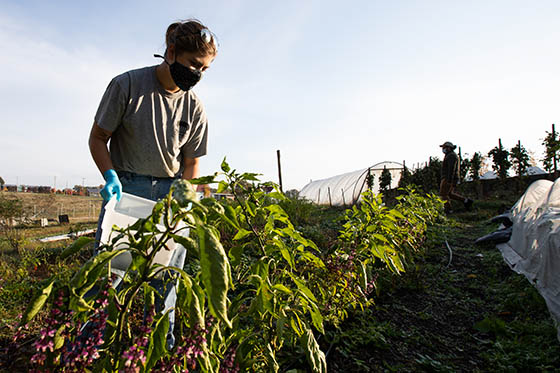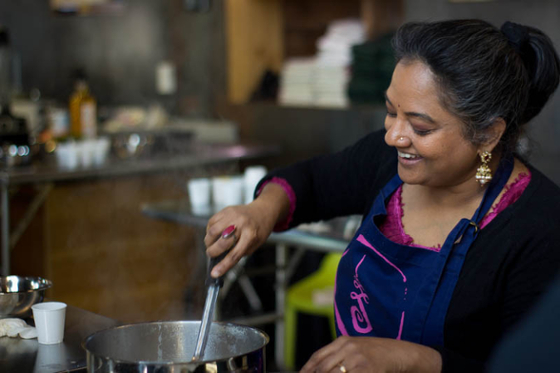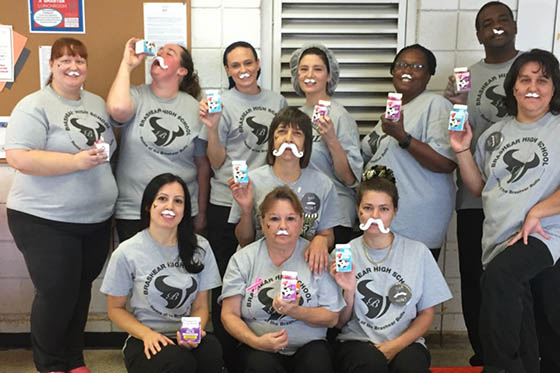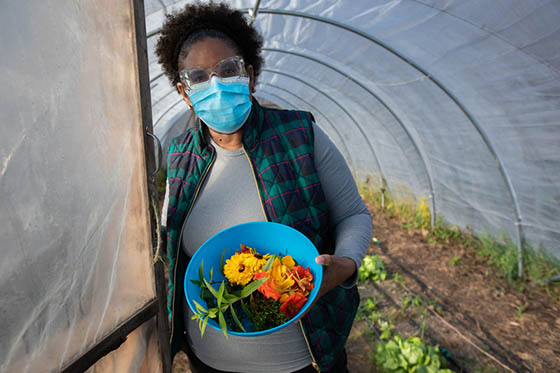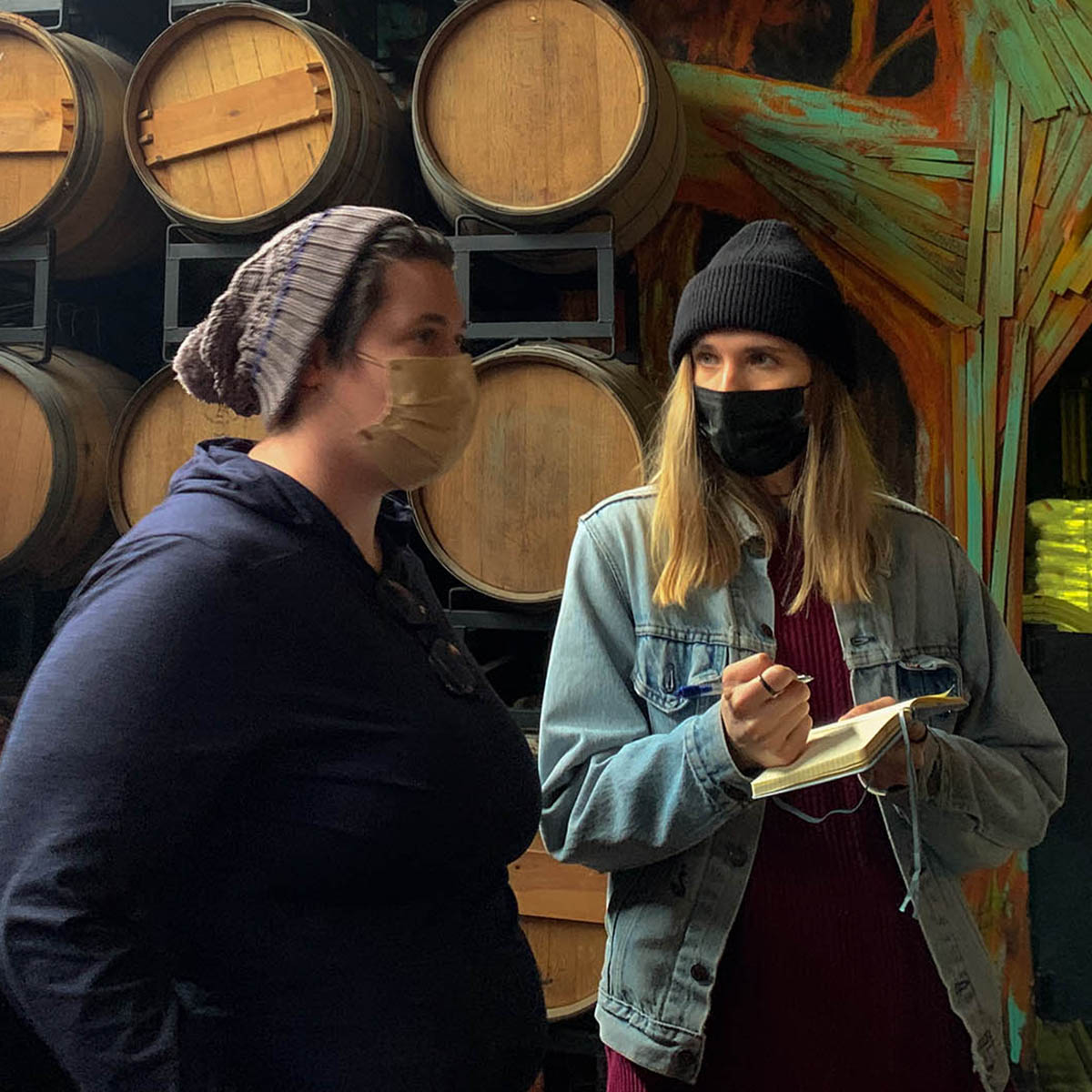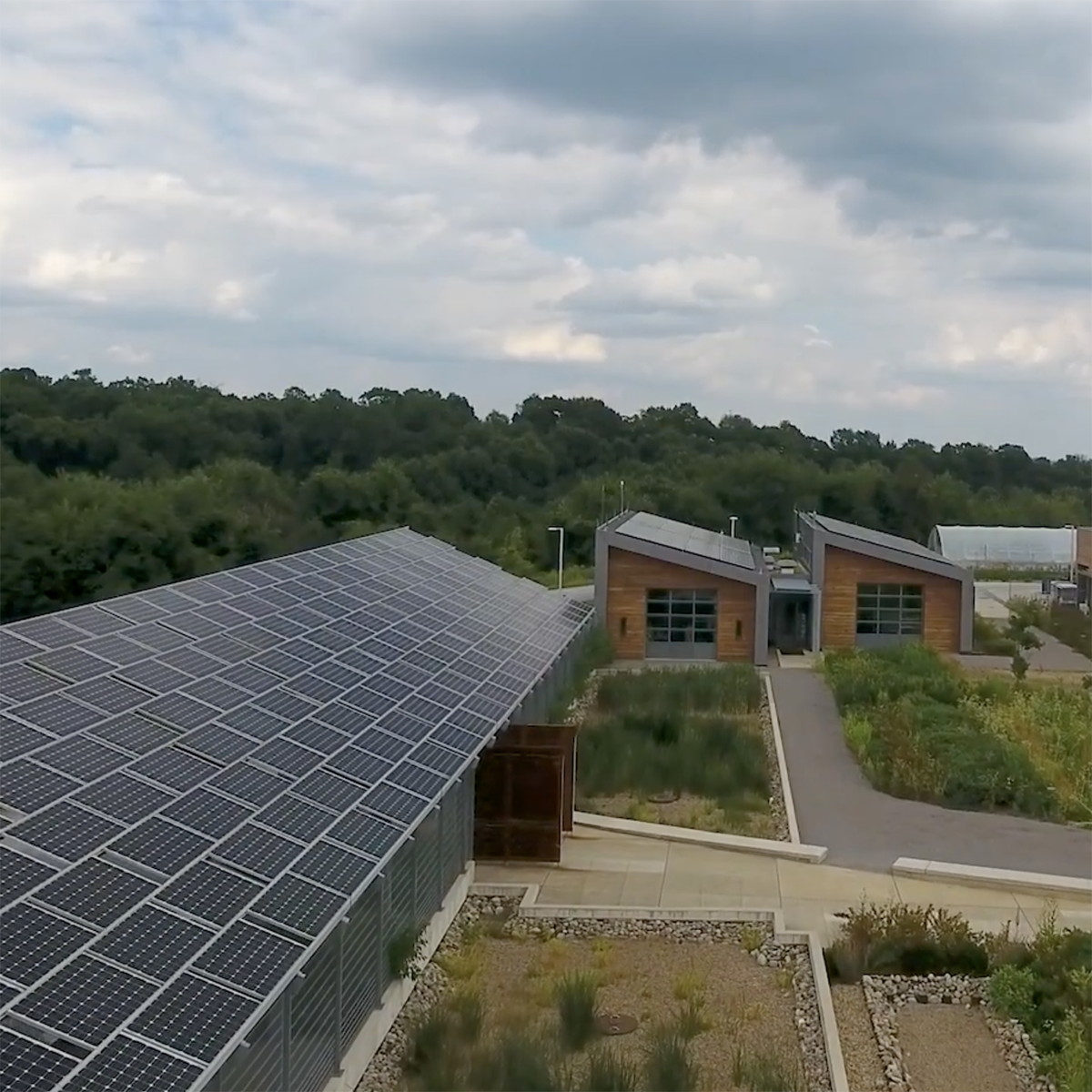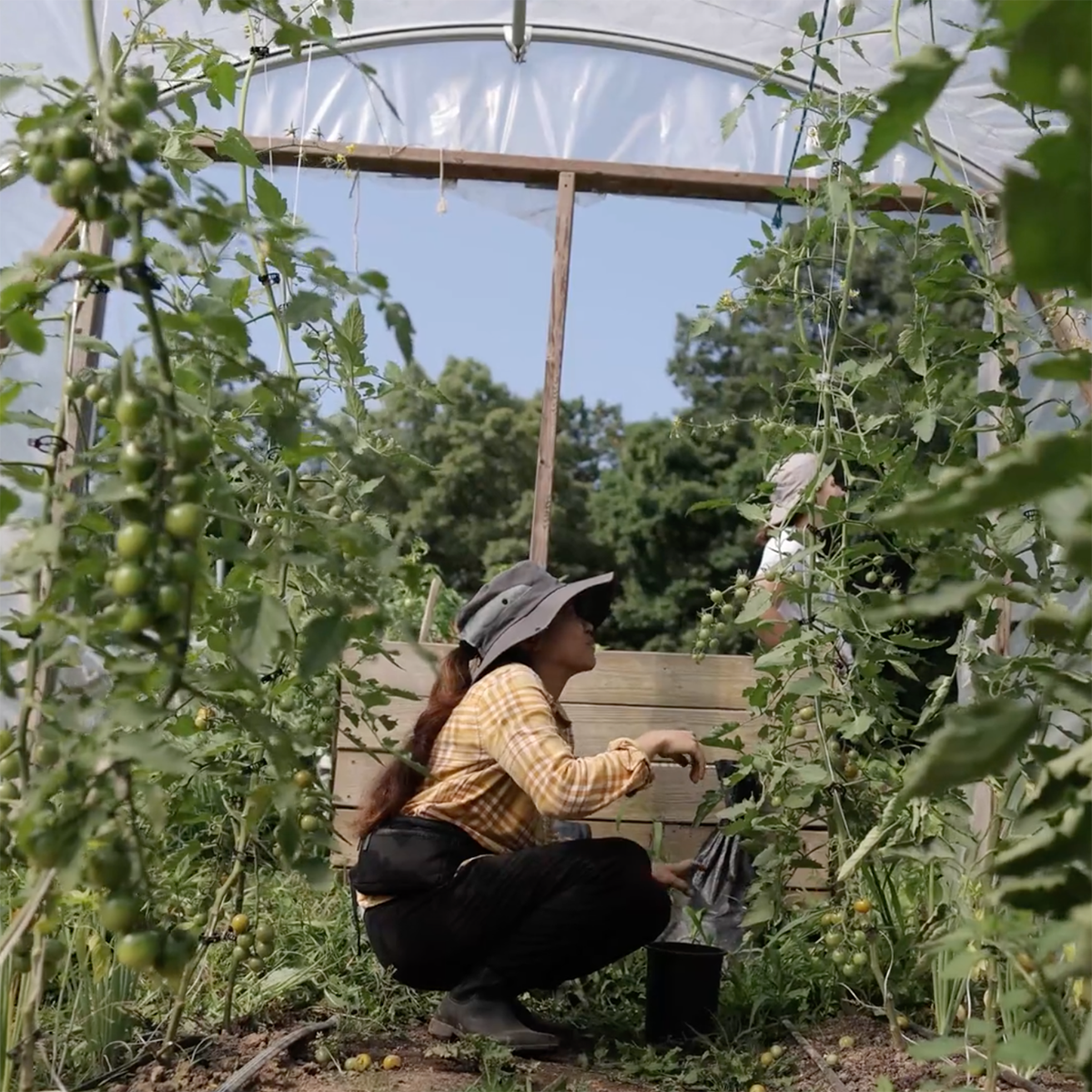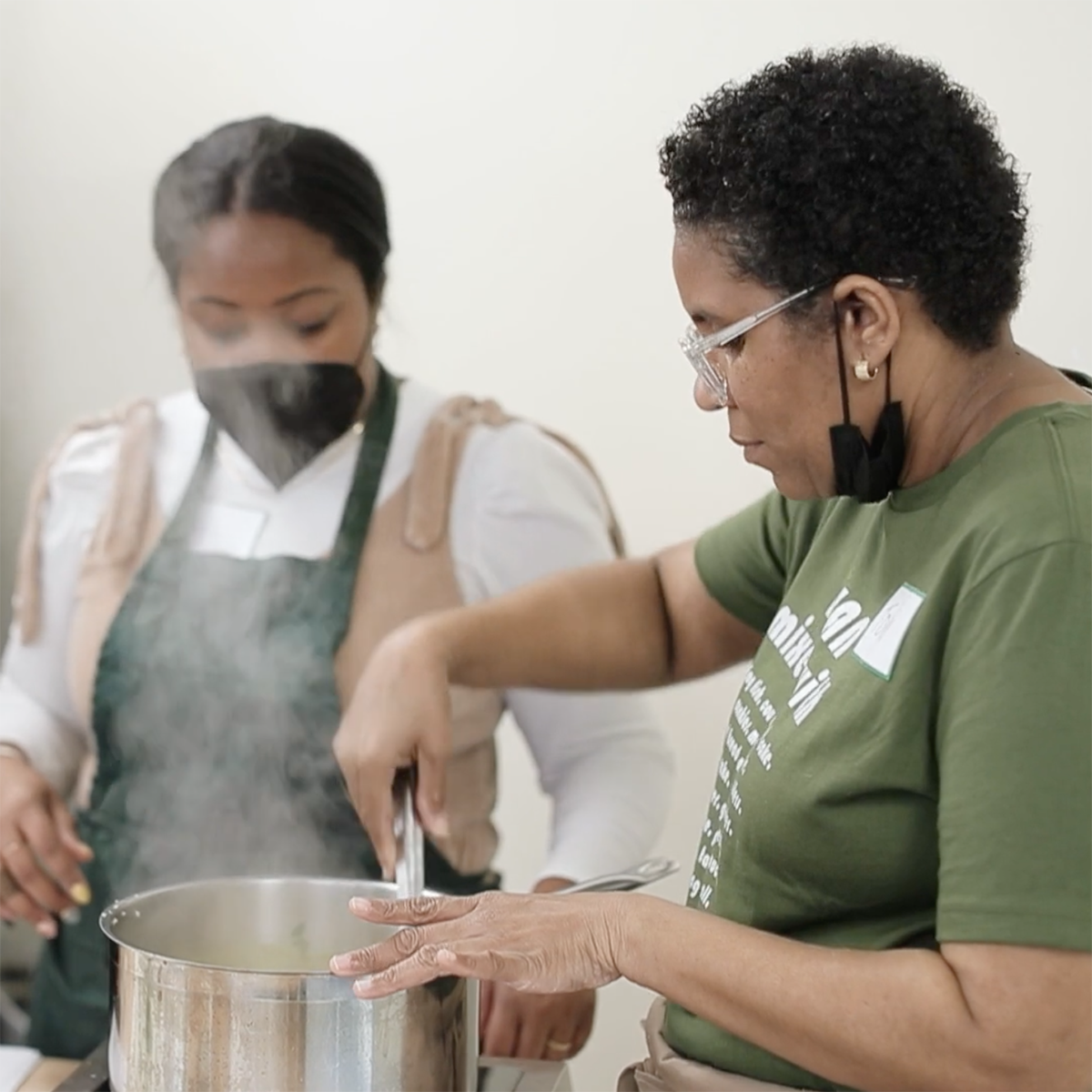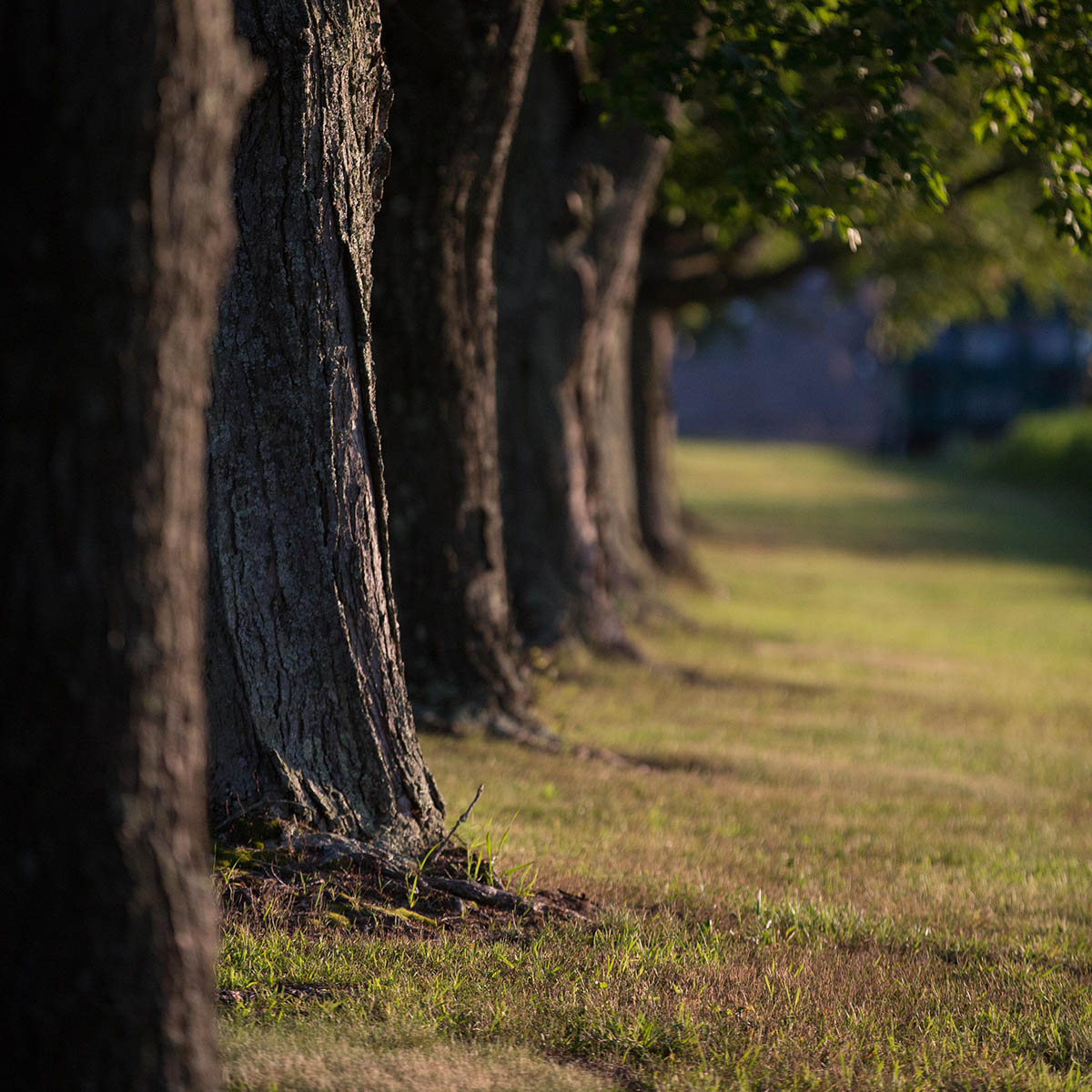FST 607: Sustainable Consumption
A sustainable food system supports environmental health and local economies and is socially just. Eating “sustainably” implies acting on these concepts when making food choices. This course begins by defining and describing a “sustainable diet” in the context of regional food system work and regional food system assessments. Students will then explore Sustainable Consumption from three perspectives: the consumers’ viewpoint, including nutritional health, perception of “sustainability”, how food choices are made, and marketing issues like eco-labels; the growers’ and producers’ viewpoint, including questions of logistics and food safety; and the institutions’ or food business’ challenges of incorporating what we would consider foods grown and/or sourced in a sustainable manner in their operations.
FST624: Chocolate, Politics and Pleasure
This course will explore chocolate as a global product including history and culture, agriculture (growing trees, processing beans), direct/fair trade, labor and justice, health, chocolate production, sales, marketing, and sustainability. Experiential components include chocolate making, tempering; culinary practices, and site visits to chocolate manufacturers, culminating in the design and marketing of a sustainable chocolate product.
FST532: Sustainable Meat Production
As part of sustainable agriculture and culinary knowledge, understanding meat production outside the conventional large scale processing facilities is a critical skill for students who will work with restaurants, farm markets, and other distribution venues.
View Course Catalog